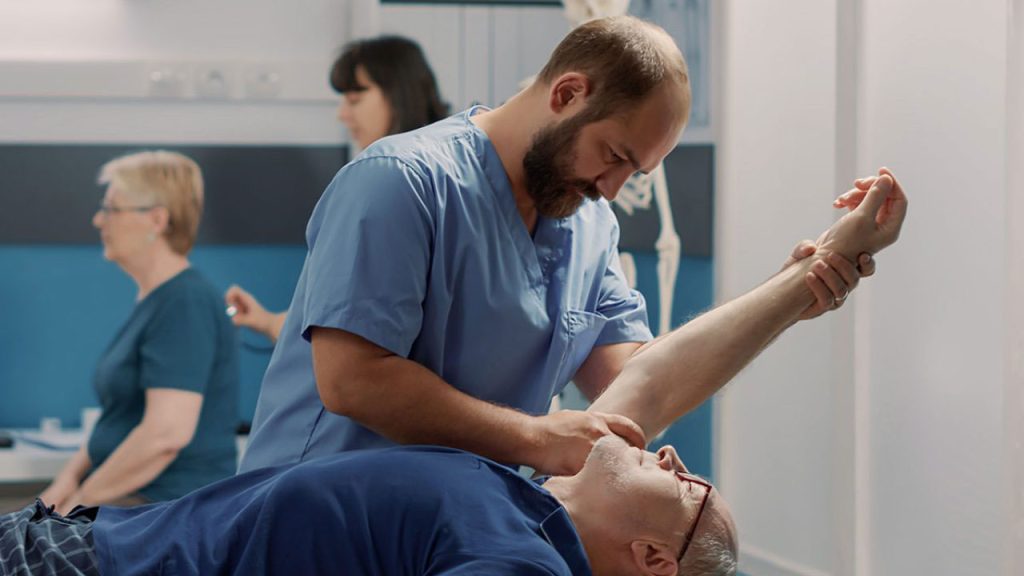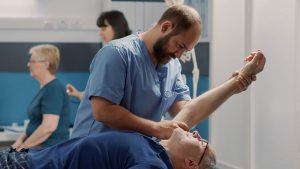Some medical conditions get more attention than others. Perhaps it’s because they’re so common, they’re associated with someone famous, or there’s money to be made. Others, mostly the rarer kind, may struggle to find research funding. That’s where the orphan drug designation comes into play. It is this designation that may be helping one company take a big step forward in the treatment of muscular dystrophy (https://longevity.technology/news/juvena-gets-fda-orphan-drug-nod-for-muscle-regeneration-therapy/).
Orphan drug is a specific designation recognized by the FDA as “intended for the treatment, prevention or diagnosis of a rare disease or condition, which is one that affects less than 200,000 persons in the US.” In normal circumstances, it wouldn’t be cost effective to develop drugs for such a small cohort of patients, so the rules are slightly less strict – and the extra financial incentives a little bigger – to encourage pharmaceutical companies to pursue this kind of research.
One of the latest orphan drug designations is for JUV-161, the flagship development from a California-based biotech startup called Juvena Therapeutics. It’s targeted at myotonic dystrophy type 1 (DM1) but has potential for other muscle-weakening conditions, including other forms of muscular dystrophy, as well as sarcopenia, the natural loss of strength that comes with aging.
DM1 is a genetic condition that causes the muscles to become progressively weaker. It generally starts small in the extremities of the body, such as eyelids, hands and feet, but then spreads. As it becomes more severe, it can impact the functioning of the heart and cause problems with essential processes such as swallowing and breathing. There is no cure.
JUV-161 may be able to reverse some of the muscle degeneration associated with DM1. Deteriorated muscle fibers could be restored, leading to an increase in endurance as well as strength. There’s even some evidence it could boost metabolism.
At this point, the evidence is based on animal models, but the plan is to take JUV-161 to human trials next. That’s on top of all the other therapies Juvena is developing with the help of AI and the proteins in human pluripotent stem cells.
People with DM1 tend to age quicker than those without the condition, and they can develop lots of other health problems. If JUV-161 is successful, it doesn’t just have implications for those with progressively weakening muscles, but also for longevity in the broader context.




